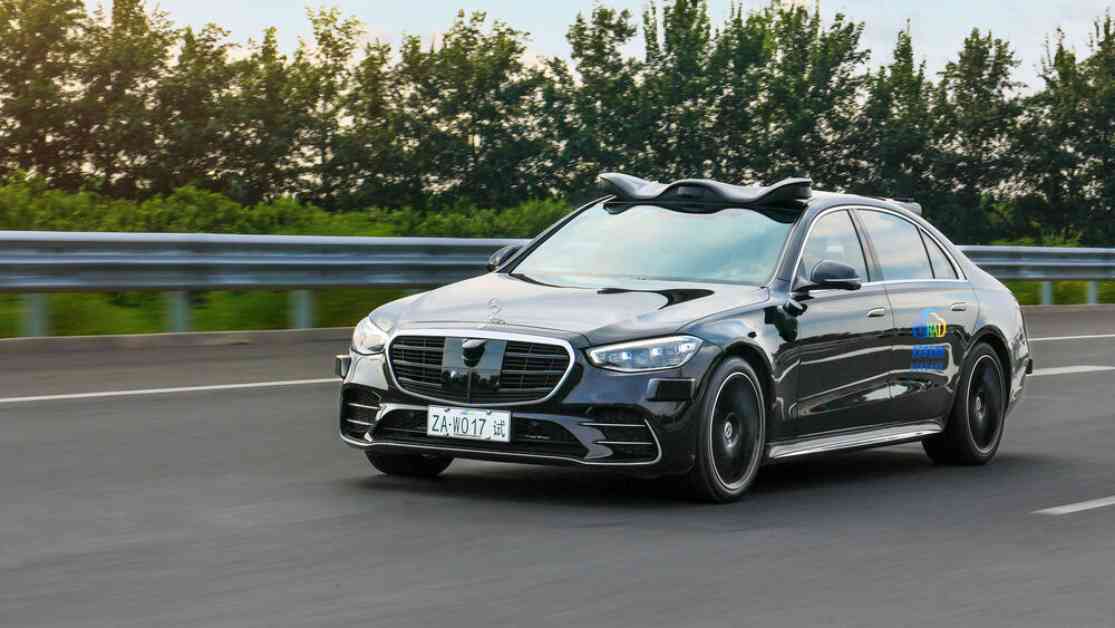Mercedes-Benz is testing autonomous cars in Peking at level 4. The city has designated an area for this purpose. Mercedes-Benz is allowed to test autonomously driving cars in Peking at SAE level 4. Two S-Class vehicles equipped with a sensor system developed for the project are operating on designated urban streets and highways in the Chinese capital. The sensor system includes Lidar, radar sensors, and cameras. The project partners with the Chinese company “WeRide,” a start-up specializing in technology for automated driving with Bosch as one of its investors. The developers aim to understand how the system performs in daily situations such as making left turns against oncoming traffic, navigating roundabouts, and performing U-turns and parking. The two cars can also automatically change lanes on highways and pass through toll stations independently. In extreme situations, the vehicle performs a “Minimal Risk Maneuver” by stopping at a safe location. The electrical system, steering, and brakes are redundantly designed. Mercedes-Benz plans to use similar assistance systems in private vehicles in the future.
Designated Area for Testing
About four years ago, the city of Peking established the “Beijing High-level Autonomous Driving Demonstration Area.” In the southeastern part of the city, companies are allowed to test autonomous driving functions. According to the Beijing Daily in March 2023, 19 testing companies had settled in the area, and a total of 578 connected vehicles had covered 14.49 million kilometers. Companies like Baidu, Pony Ai, and Sense Time are among those settled in the area.
What Does SAE Level 4 Mean?
SAE Level 4 refers to fully automated driving. It represents the second-highest level of automation where the vehicle can perform driving tasks in defined scenarios and environments without the driver needing to be ready to take over. By the end of 2023, Mercedes-Benz had obtained approval to test highly automated driving systems at SAE Level 3 in Peking. Since 2005, the automaker has been conducting research and development in China and has reportedly increased investments in China by around 1.3 billion euros over the last five years. Additionally, new R&D centers have been established in Peking and Shanghai.












